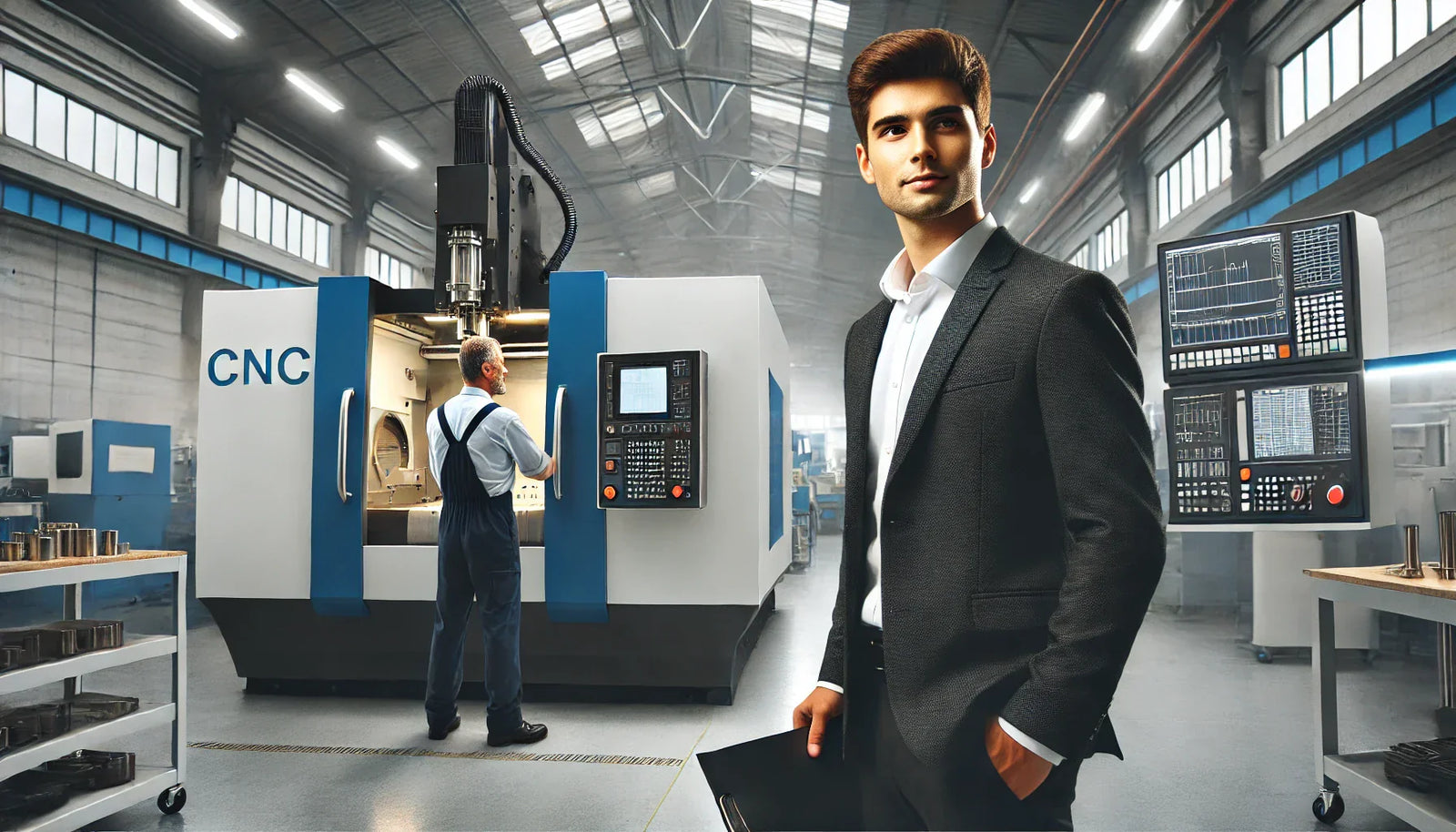Introduction
In industrial environments, machinery breakdowns can lead to significant downtime, resulting in lost productivity and increased costs. In such scenarios, the ability to perform on-site repairs without the need for disassembling large equipment is invaluable. This case study highlights a real-world example where a portable milling machine played a critical role in reducing downtime and cutting costs during a major repair project.
The Challenge
A large manufacturing plant specializing in the production of heavy equipment faced a critical issue: a key machine used for shaping metal components had developed severe wear and tear in one of its core parts — a large mounting flange. The worn-out flange was causing misalignment in the production process, leading to defects and decreased efficiency.
Traditionally, such an issue would require the machine to be completely disassembled and transported to a repair facility, a process that could take weeks, if not months. During this time, production would come to a standstill, costing the company significant revenue and delaying project timelines.
The Solution: Portable Milling Machine
Instead of opting for the traditional approach, the plant’s maintenance team decided to explore the option of using a portable milling machine. These machines are designed for on-site machining and are capable of performing the same high-precision work as stationary milling machines, but with the flexibility of being transportable to the job site.
The portable milling machine was brought directly to the plant, where it was set up on the damaged flange. The machine allowed technicians to perform precision machining on-site, restoring the flange to its original specifications without the need for disassembly.
Key Benefits Realized
-
Minimal Downtime: By using the portable milling machine, the team was able to complete the repairs in just a few days, compared to the weeks that would have been required for disassembly and off-site repairs. This minimized downtime and allowed the plant to resume operations far more quickly.
-
Cost Savings: The traditional repair process would have required expensive transportation and reassembly costs. With on-site milling, these costs were avoided. Additionally, the project didn’t require outsourcing, which further reduced the expenses involved.
-
Precision and Quality: Despite being portable, the milling machine delivered the same level of precision as a fixed machine tool. The technicians were able to restore the damaged part to its original specifications, ensuring the machine could operate efficiently and produce high-quality parts moving forward.
-
Flexibility: The portable milling machine was versatile enough to handle the specific repair needs of the plant. Since it was brought directly to the job site, the team could tailor the repair process to the specific conditions of the machinery, ensuring a more customized and effective solution.
The Results
The use of the portable milling machine reduced the overall downtime by 80%, allowing the manufacturing plant to return to full operation within a few days. Additionally, the company saved an estimated 50% of the repair costs compared to traditional methods.
Conclusion
This case study illustrates the tremendous value that portable milling machines bring to industrial settings. By enabling on-site, high-precision repairs, these machines save companies significant time and resources while maintaining the high standards required for critical repairs. Portable milling technology is transforming how industrial repairs are managed, and as this case demonstrates, it is a practical solution for minimizing disruption in any high-demand environment.





